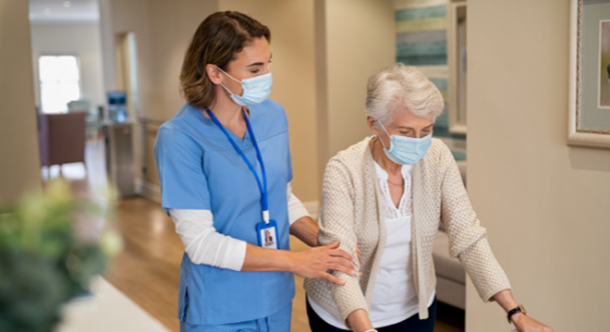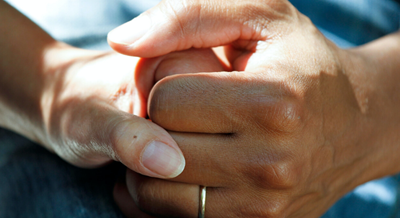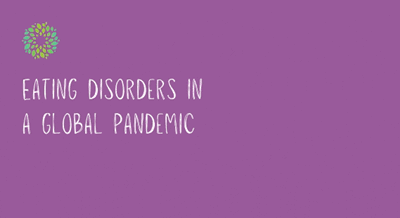
A new mental health research study concludes that the COVID-19 pandemic resulted in significant mental health impacts for staff in general hospitals.
Findings from the COWORKER Study show that Dublin hospital staff reported high levels of symptoms of post-traumatic stress disorder (PTSD), low mood, suicidal thinking and moral injury during the COVID-19 pandemic.
Researchers from St Patrick’s Mental Health Services (SPMHS), Trinity College Dublin (TCD), and the Royal College of Surgeons Ireland (RCSI) University of Medicine and Health Services were involved in the study.
The study invited staff in three large general hospitals in Dublin to take part: St James’s Hospital, Tallaght University Hospital and Beaumont Hospital. A cross-sectional, anonymous survey of 377 Dublin healthcare staff took place during the third wave of the COVID-19 pandemic in early 2021.
Mental health impact on hospital staff
Key findings from respondents to the survey show that:
reported low mood
reported moderate or severe symptoms of PTSD
reported thinking of ending their life over the previous week
5% of respondents also reported planning to end their life.
The high levels of PTSD symptoms found in this study are higher than the current best international estimate for healthcare workers.
Staff also reported high levels of moral injury, which is the psychological distress experienced when a person is forced to witness or perform acts that go against their ethical beliefs. This concept arose in military mental health research, but has gained importance in research studying healthcare worker mental health in scenarios related to COVID-19. For example, healthcare workers may have felt moral injury in cases where they may have had no option but to ration care when resources were scarce, or to stop family from visiting their loved ones due to restrictions.
In addition, the study examined whether staff experienced differences in mental health difficulties based on their roles. Findings reveal that doctors were much less likely to report symptoms of PTSD, low mood and moral injury than nurses or radiographers. Radiographers were considerably more likely to report low mood.
Challenges for hospitals
The COWORKER Study intended both to explore the mental health impact of the pandemic on hospital staff and to inform appropriate responses. It also aimed to give nurses, doctors and radiographers in the three participating hospitals an opportunity to recognise if they had experienced mental health difficulties during the pandemic and, if needed, to seek support.
The study was led by Professor Declan McLoughlin, Research Professor at TCD and Consultant Psychiatrist here at SPMHS.
Speaking about the impact of the findings, Professor McLoughlin said: “The pandemic has presented immense challenges for hospitals, their staff, patients and families. While there have been many studies internationally examining the psychological impact on hospital staff, this is the first to examine the impacts on those working in Dublin hospitals.”
“We hope that the study’s findings will highlight potential areas of concern for hospital management and staff so that they can address this and seek support as required.”
Lead author of the study, Dr Conan Brady of TCD, said
“The results of the COWORKER Study have shown the significant mental health impacts of the pandemic for those working in hospitals. While we do not know the full extent of the mental health experiences for hospital staff before COVID-19, there are many pandemic-related factors that may have impacted on this cohort’s mental health."
“In addition to the restrictions we’ve all faced, other reasons could be job stress or concerns about stigma from working in environments with high levels of COVID-19. There are few data on suicidal ideation in hospital staff internationally, and this warrants more investigation.”
See more from the COWORKER Study
Press and media
Please contact our Communications Department below for any media queries or to request a copy of the press release on this item.
More on mental health in the pandemic
Continue to…
Annual and Outcomes reports show vital services continued and new models of care embedded in 2021





